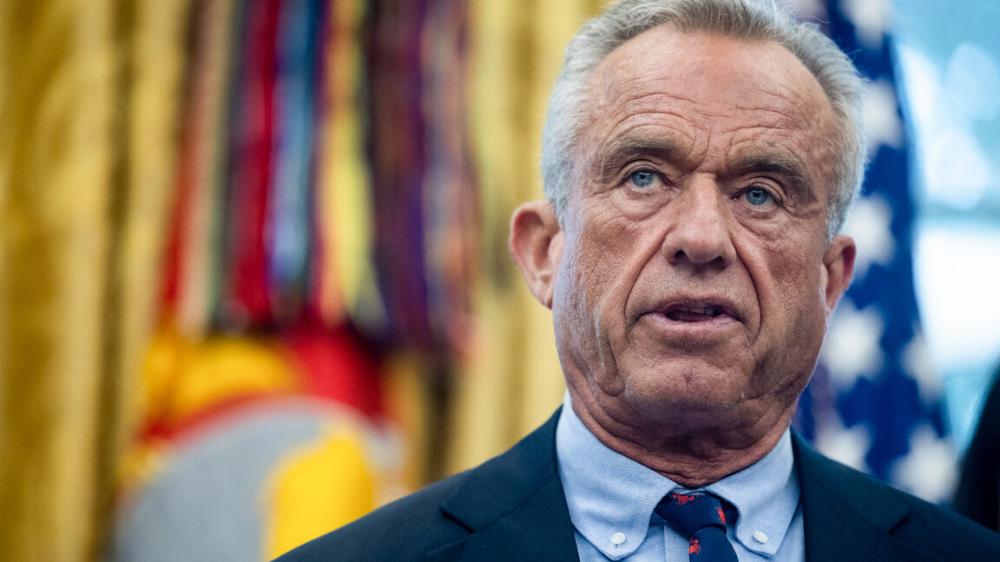As respiratory virus season draws near, no federal health official has signed off on recommendations for this year's updated COVID-19 vaccines, leaving the federal vaccination schedule without an update and access to the shots in limbo for some low-income children.
According to reporting by Stat news earlier this week, two immunization program experts—who spoke on the condition of anonymity to avoid reprisal from the Trump administration—said that because there is no sign-off, states are not yet able to order COVID-19 shots for children who receive vaccines through the Vaccines for Children (VFC) program. The federal program provides vaccines to children who are Medicaid-eligible and under- or uninsured, which includes around half of all children in the US.
Typically, federal vaccination recommendations come about after a panel of expert advisors for the Centers for Disease Control and Prevention—the Advisory Committee on Immunization Practices (ACIP)—publicly reviews vaccine data and votes on recommendations for use. Then, the CDC director decides whether to adopt those recommendations. While directors don't always adopt ACIP's recommendations, they usually do—and often on the same day as the ACIP vote. After that, the recommendation becomes part of federal vaccine guidance, and insurance companies and federal programs are required to cover the recommended shots.
Of course, the CDC is currently without a director to sign off on ACIP recommendations. Health and Human Services Secretary and anti-vaccine activist Robert F. Kennedy Jr dramatically ousted Susan Monarez from the role just weeks after her Senate confirmation. In testimony to the Senate afterward, Monarez said she was fired because she refused Kennedy's directive to blindly adopt vaccine recommendations.
Without a director, the sign-off would fall to either Kennedy or the current acting director, Jim O’Neill, who is Kennedy's deputy health secretary. But, so far, nearly two weeks after an ACIP vote, there has still been no sign-off, or a determination.
Surprise, delay
The current ACIP—composed of vaccine skeptics hand-selected by Kennedy—made their recommendation September 19 after a chaotic meeting. In a surprise to health experts who feared more restricted access, Kennedy's ACIP unanimously voted for a COVID-19 vaccine recommendation that is more permissive than restrictions added by Kennedy's Food and Drug Administration.
Previously, the FDA narrowed the shots' labels to include only people age 65 and older, and those 6 months and older at higher risk. But the ACIP recommended that all people age 6 months and older could get the shot based on shared decision-making with a health care provider. Although the shared decision-making adds a new requirement for getting the vaccine, that decision-making does not require a prescription and can be done not only with doctors, but also with nurses and pharmacists. Most people in the US get their seasonal COVID-19 vaccines at their local pharmacy.
Ars Technica reached out to the HHS on Thursday about whether there was a determination on the COVID-19 vaccine recommendations and, if not, when that is expected to happen and why there is a delay. The HHS responded, confirming that no determination had been made yet, but did not answer any of the other questions and did not provide a comment for the record.
In past years, ACIP recommendations and CDC sign-offs have happened earlier in the year to provide adequate time for a rollout. In 2024, ACIP voted on COVID-19 vaccinations in June, for instance, and then-CDC Director Mandy Cohen signed off that day. Now that we're into October, it remains unclear when or even if the CDC will sign off on the recommendation and then, if the recommendation is adopted by the CDC, how much longer after that it would take for states to roll out the vaccines to children in the VFC program.
“Children who depend on this program, including children with chronic conditions, are still waiting unprotected. The delay in adopting COVID-19 vaccine recommendations puts their health at risk, reduces access and choice for families, and puts a strain on providers who want to deliver the best care for their youngest patients,” Susan Kansagra, the chief medical officer of the Association of State and Territorial Health Officials, said in a statement to Stat.
For now, children and adults with private insurance have access to the shots without the final sign-off, and health insurance companies have said that they will continue to maintain coverage for the vaccines without the final federal approval.

 Pete Hegseth Rails Against Fat Generals
Pete Hegseth Rails Against Fat Generals